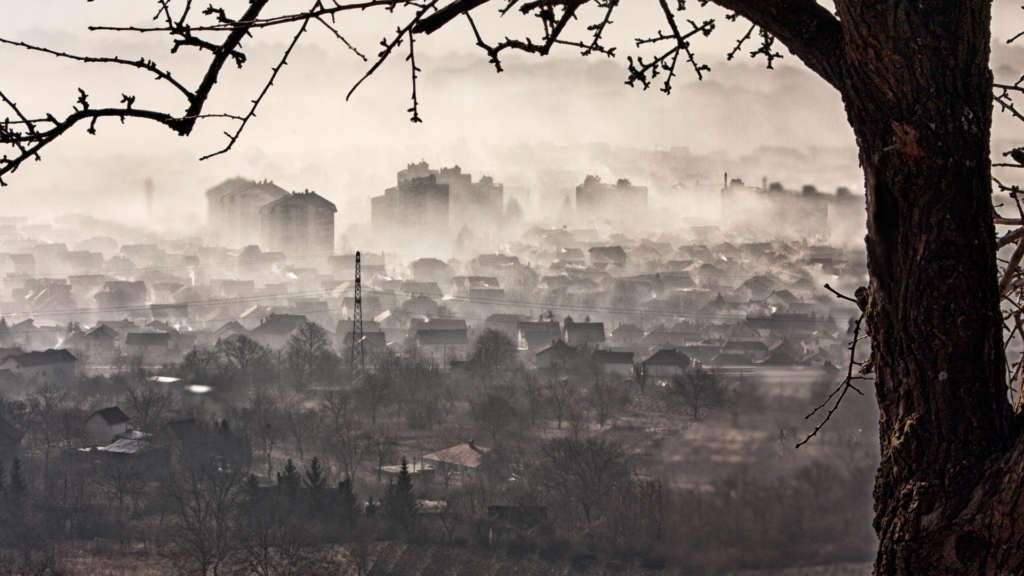Two weeks of COP 27 negotiations to combat global warming came to an end on Friday. Among those who impatiently followed the progress of the conference were those who suffer from eco-anxiety – a term coined a few years ago.
"It is a feeling of anxiety that refers to concerns related to climate change, its global consequences but also the consequences for oneself and one's loved ones," Alexandre Heeren, professor of psychology at UCLouvain and a researcher at the National Fund for Scientific Research, told Le Soir. "The term was then taken up by the scientific community to measure this phenomenon.”
Last year, UCLouvain conducted a major study in eight countries in Europe and Africa. "It emerged that a large proportion of the population experienced eco-anxiety, but not necessarily in the negative sense of the term," said the professor. "For most of these people, fear or anxiety about climate change remains a healthy emotion. It is even what constitutes a lever for change in their daily lives. This encourages them to change their behaviour and mobilise.”
But for 12% of respondents, eco-anxiety causes psychological harm. One in 10 Belgians suffers from severe eco-anxiety. "They suffer from sleep disorders and worry to the point that they can no longer go to school, work or, even, meet with friends or family," Heeren explains.
A younger affliction
This negative reaction to eco-anxiety is more noticeable in individuals who already have generally higher levels of stress. In addition, young people appear to be more susceptible. "People under 40 are more impacted by eco-anxiety, which isn't surprising... It's just the people who know they're going to know the consequences of climate change.”
Among 18 to 25-year-olds, some studies also point to a consequence of this eco-anxiety: intergenerational breakup. Some young people feel that their parents have not made enough efforts to preserve our planet, or they no longer believe in governments.
There are various coping mechanisms to deal with pathological eco-anxiety, starting with dialogue. "It's important to be able to exchange with other people... Solving problematic eco-anxiety will often also involve disconnecting, at least for a time, anxiety-provoking information flows."
"But above all, by finding meaning in this world to then be able to engage again. A commitment can involve small things: participating in a march for the climate, taking part in the cleaning of our rivers or in the 'Great Cleaning' type operations organized each year. Feeling useful can help you feel better.”

